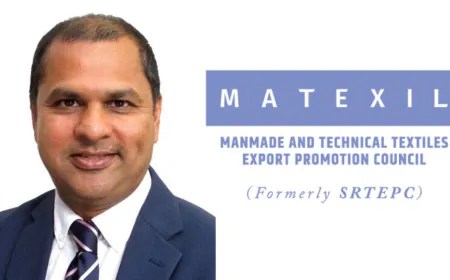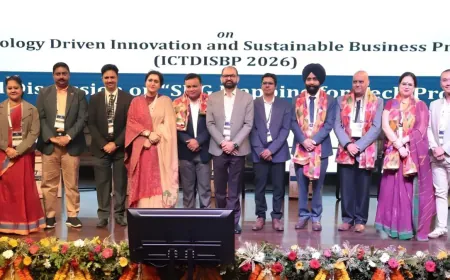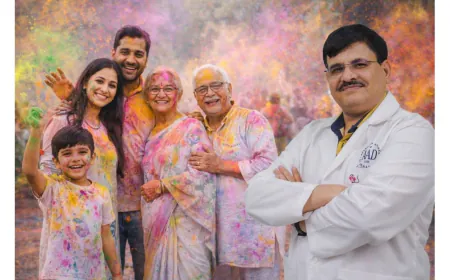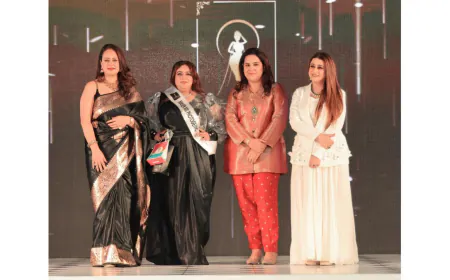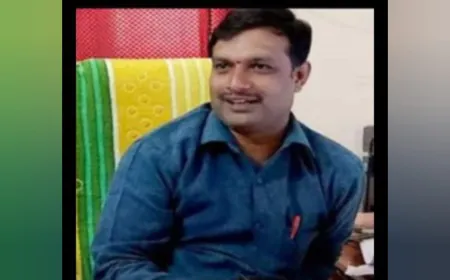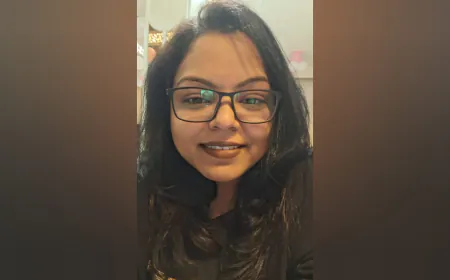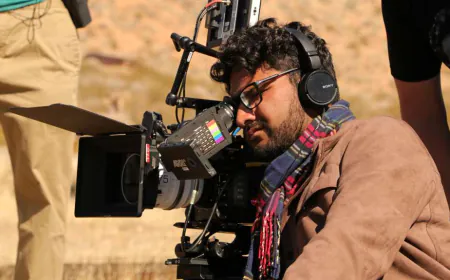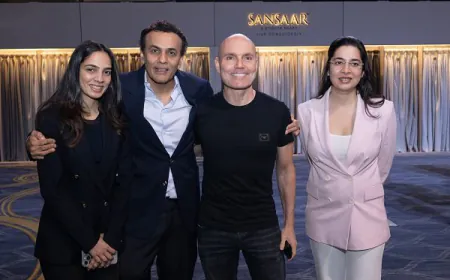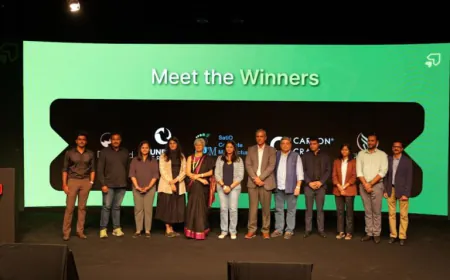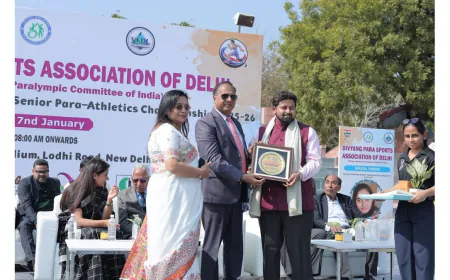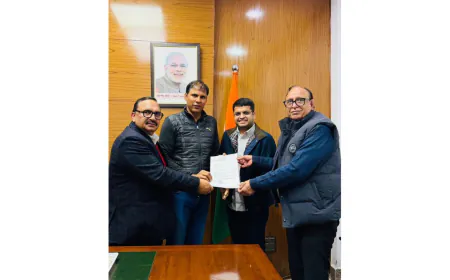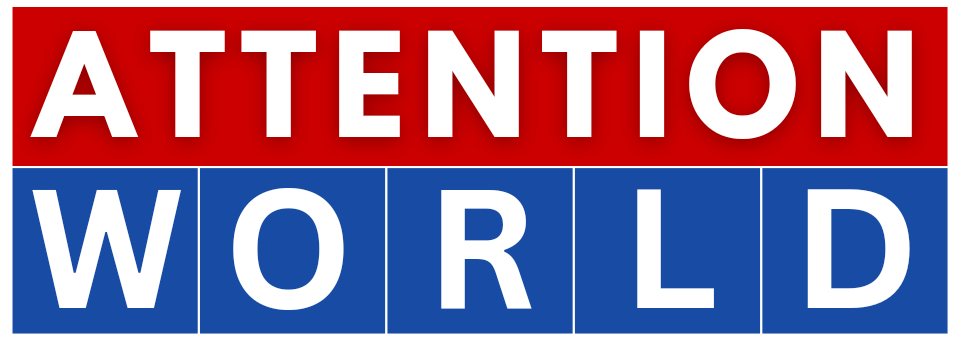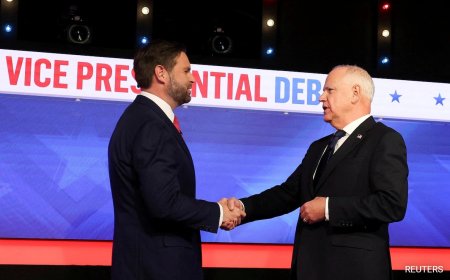How Justin Trudeau's "Vote Bank" Politics Wrecked Canada-India Ties In 2024
Amid regional tensions and global conflicts in 2024, India navigated the complex diplomatic waters to solidify itself as a global leader which can't be overlooked.

Amid regional tensions and global conflicts in 2024, India navigated the complex diplomatic waters to solidify itself as a global leader which can't be overlooked. However, its ties with Canada remained complicated-- and may continue to do so--for at least another ten months till Prime Minister Justin Trudeau continues to lead the North American nation.
The India-Canada relations have been on a downward trajectory for several years, but they hit rock bottom in October 2024, with tit-for-tat expulsions of top diplomats following Prime Minister Trudeau's claim that Canadian police were investigating allegations of Indian agents' - and the Indian government's - direct involvement in the June 2023 killing of Khalistani separatist Hardeep Singh Nijjar.
Following this, Indian envoy to Canada Sanjay Kumar Verma - now withdrawn by New Delhi -- accused Mr Trudeau of wrecking bilateral ties with India and stressed that Ottawa's allegations were politically motivated. Ottawa has accused Mr Verma of having links to Nijjar's murder in June 2023.
Speaking exclusively to NDTV upon his return to New Delhi, he said that it was in fact India which had shared detailed evidence of radical and extremist groups operating on Canadian soil with the Justin Trudeau government, but "no action was taken on it" by either the government or the authorities.
India has consistently rejected any link to the killing of Nijjar, a designated terrorist by the National Investigation Agency (NIA), and accused Trudeau's administration of pandering to Khalistani sympathisers for political gain.
In May, India's Foreign Minister S Jaishankar said that by allowing political space to Khalistani separatist elements, the Canadian government is sending a message that its vote bank is "more powerful" than its rule of law. He stressed India respects and practices freedom of speech, but that does not equate with the freedom to threaten foreign diplomats, extend support to separatism or allow political space to elements advocating violence.
"If you have people whose presence there is itself on very dubious documents, what does it say about you? It actually says that your vote bank is more powerful than your rule of law," the minister said.
ALSO READ: Canada Showing Its Vote Bank Is More Powerful Than Its Rule Of Law: S Jaishankar
India-Canada Relations Collapse: A Timeline
In June 2023, Khalistani terrorist Hardeep Singh Nijjar was shot dead by two masked assailants as he left a Gurdwara in Surrey, British Columbia. Canadian authorities, including Prime Minister Trudeau, accused agents linked to the Indian government of carrying out the assassination.
New Delhi called the allegations "absurd" and "preposterous." India said Ottawa "has not shared a shred of evidence" with the government "despite many requests" from New Delhi.
But the unusual manner in which Canada made public its understanding that Indian officials were somehow involved in his murder derailed bilateral relations and set off a diplomatic firestorm that continues to rage.
ALSO READ: How Far Can Justin Trudeau Go As Personal Electoral Gain Trumps Diplomatic Ties
Canada first expelled an Indian diplomat in 2023. In response, India also sent back a Canadian diplomat and halted consular services for Canadians for nearly two months. The row escalated in May after Canadian police said they had arrested three Indian citizens in connection with Nijjar's killing and were "investigating if there are any ties to the government of India."
In October, Ottawa said India's top diplomat in the country Sanjay Kumar Verma was a "person of interest" in the case. The Trudeau government tied five other expelled Indian officials to Nijjar's murder and claimed Ottawa has "ample, clear and concrete evidence which identified six individuals as persons of interest in the Nijjar case."
In response, India slammed Canada's accusations, with the Ministry of Foreign Affairs calling the accusations part of "a deliberate strategy of smearing India for political gains." India also expelled Canada's acting high commissioner and five other diplomats.
ALSO READ: Amid India-Canada Diplomatic Rift, Justin Trudeau's "Khalistani" Backpedal
The rift between the two countries intensified in November after attendees of an Indian consular event at a Hindu temple in Toronto were attacked by pro-Khalistani supporters. New Delhi called out Ottawa for failing to protect Indian citizens and institutions.
Amid the standoff, Mr Trudeau, for the first time, admitted to the presence of Khalistanis in his country. In an unexpected statement during a Diwali celebrations event at Ottawa's Parliament Hill, he acknowledged the presence of a Khalistan support base within Canada but quickly added that they do not represent the Sikh community as a whole.
"There are many supporters of 'Khalistan' in Canada, but they do not represent the Sikh Community as a whole. There are supporters of the Modi government in Canada, but they do not represent all Hindu Canadians as a whole," he said.
ALSO READ: Trudeau Calls His Officials "Criminals", Media "Wrong" Over Leaks, Fake Report On Indian Leadership
Later in November, he also called his intelligence officials "criminals" for linking Prime Minister Narendra Modi and Foreign Minister Subrahmanyam Jaishankar to violence on Canadian soil. His statement came after Globe and Mail newspaper published a report, alleging that Canadian security agencies believed PM Modi knew about the violent plots and said Mr Jaishankar and National Security Adviser (NSA) Ajit Doval were also in the loop.
What's Your Reaction?













